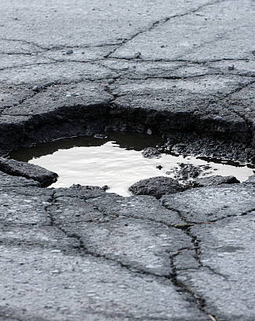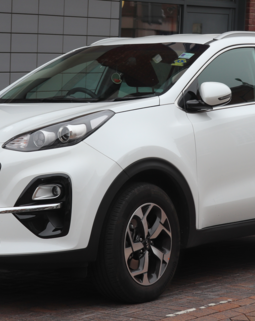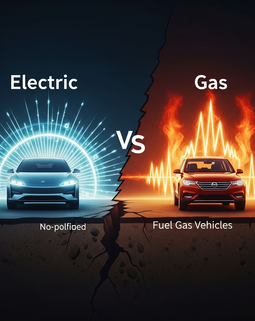Introduction
Liberia has implemented import regulations that govern the entry of Japanese used cars into the country. These regulations ensure safety and environmental standards compliance and protect consumers’ interests. Understanding the import regulations is crucial for individuals and businesses importing Japanese used cars to Liberia.
Safety Standards and Inspections
Liberia's import regulations require Japan-used cars to meet specific safety standards. Vehicles must undergo thorough inspections to ensure roadworthiness and adherence to safety guidelines. These inspections assess crucial components such as brakes, tires, lights, and emissions, ensuring that the imported vehicles are safe for operation on Liberian roads.
Age and Mileage Restriction
Liberia restricts the age and mileage of Japanese used cars imported into the country. The regulations set a maximum age limit for imported vehicles, typically around eight to ten years, to ensure that only relatively newer and more reliable vehicles enter the market. Mileage restrictions may also be in place to ensure that imported cars have been used sparingly.
Customs Duties and Taxes
Liberia imposes customs duties and taxes on Japan’s used cars upon importation. The rates vary depending on the vehicle's value, engine size, and year of manufacture. Importers must comply with these financial obligations to clear the vehicles through customs and make them available for sale in the country.
Documentation and Licensing
Importers of Japanese used cars in Liberia must fulfill specific documentation and licensing requirements. This includes providing the necessary import permits, bill of lading, proof of ownership, and other relevant paperwork. Additionally, importers must obtain the appropriate licenses to import and sell used cars within the country.
Compliance with Environmental Standards
Liberia's import regulations for Japanese used cars also emphasize compliance with environmental standards. Vehicles must meet emission requirements and not pose significant environmental hazards. This ensures that imported cars are environmentally friendly and do not contribute excessively to air pollution.
Conclusion
Liberia's import regulations for Japanese used cars are crucial in ensuring safety, quality, and environmental compliance. Adhering to these regulations is vital for importers to avoid penalties, provide consumers with reliable vehicles, and contribute to a sustainable automotive industry in Liberia. By understanding and complying with the import regulations, individuals and businesses can confidently import Japanese used cars, benefiting both the industry and the Liberian market.





